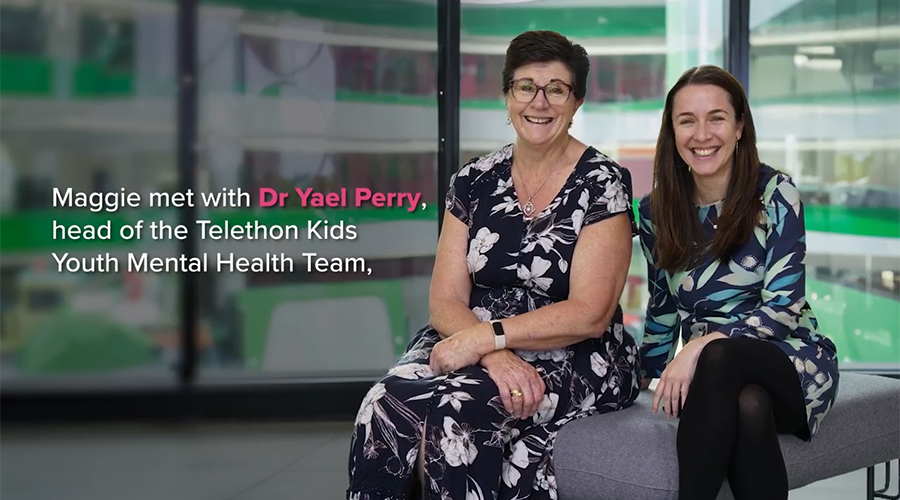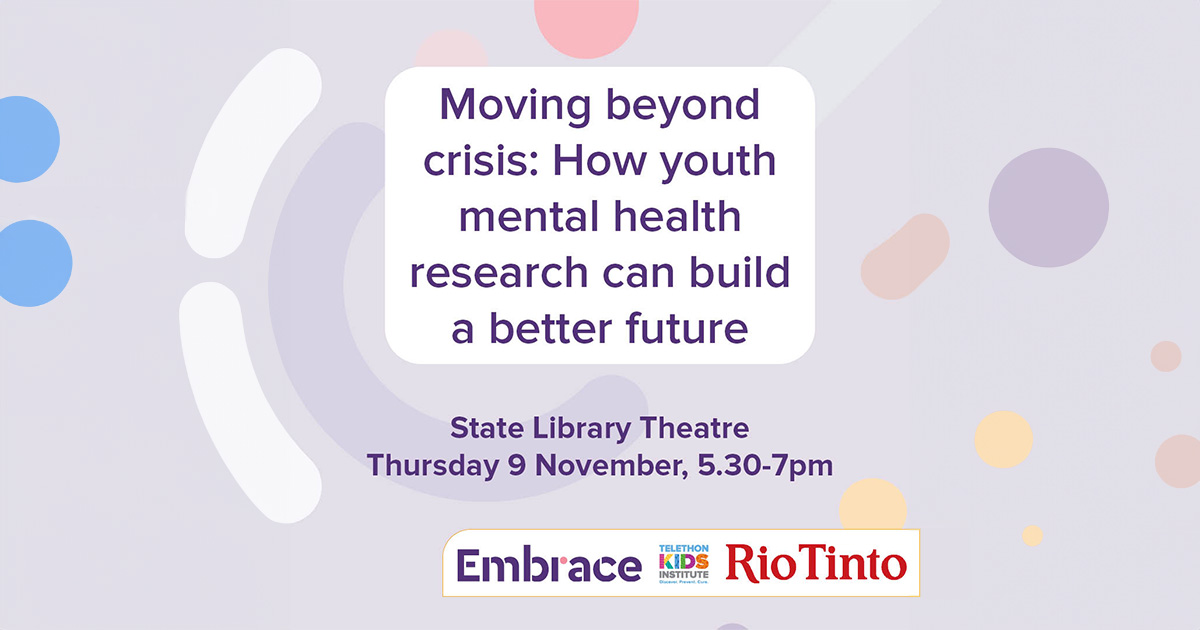Search
Research
Perspectives of trans and gender diverse young people accessing primary care and gender-affirming medical services: Findings from Trans PathwaysIncreasing numbers of trans young people are seeking medical services worldwide, but there have been few qualitative investigations of the experiences of trans young people attempting to engage with these services to explore in-depth experiences of clinical interactions.

News & Events
Roadmap unveiled to support Aboriginal and Torres Strait Islander LGBTQA+ youthWalkern Katatdjin researcher and lead author Mx Shakara Liddelow-Hunt leads a conversation with the community on the key actions to include in the Roadmap.
Research
Early life determinants of health: Invest early to break the cycle of long-term disadvantage in neurodevelopmental disordersThis chapter discusses the importance of investment in early life determinants of health to break the cycle of long-term disadvantage. This chapter addresses these issues while focussing on neurodevelopmental disorders and their related mental health concerns as the targets at the centre of a biopsychosocial transformation of the health system.


News & Events
World-class mental health researcher to join The Kids Research Institute AustraliaThe Kids Research Institute Australia warmly welcomes youth mental health researcher Associate Professor Kathryn Modecki.

News & Events
Maggie Dent visits The Kids Research Institute Australia as part of research for new bookWe were delighted to have Australia’s best-known parenting author, Maggie Dent, back at The Kids Research Institute Australia this week, to talk about the mental health of our teenagers.

News & Events
Mental health champion a ‘brilliant woman’Congratulations to Head of Youth Mental Health at The Kids Research Institute Australia, Dr Yael Perry, who has received a Telstra Health 2023 Brilliant Women in Digital Health Award in recognition of her innovative use of technology to achieve positive mental health outcomes for marginalised young people.

News & Events
Event: Moving beyond crisis: How youth mental health research can build a better futureOn the 9th of November from 5:30 to 7:30pm, Embrace @ The Kids Research Institute Australia, in partnership with Rio Tinto, invites you to a free public panel discussion on permacrisis and the mental health of young people.

News & Events
Poor access to mental health services linked to suicide hotspots: studyCommunities with poor access to mental health services are eight times more likely to be youth suicide hotspots, according to new The Kids Research Institute Australia research.

News & Events
Leading mental health champion recognised on 2023 Australia Day Honours ListProminent consultant psychiatrist and Western Australia’s 2021 Australian of the Year, Professor Helen Milroy AM, has been recognised as a Member of the Order of Australia (General Division).
